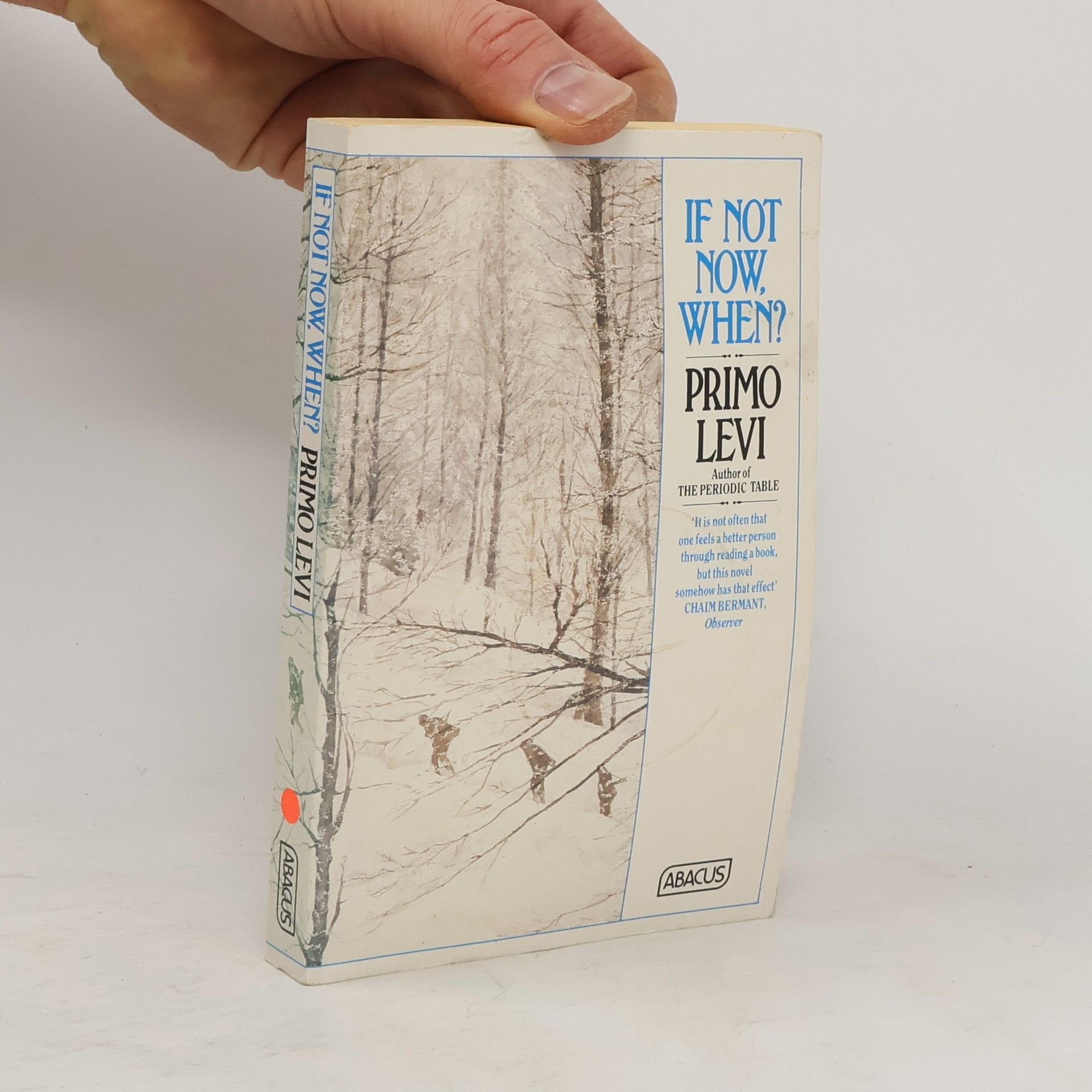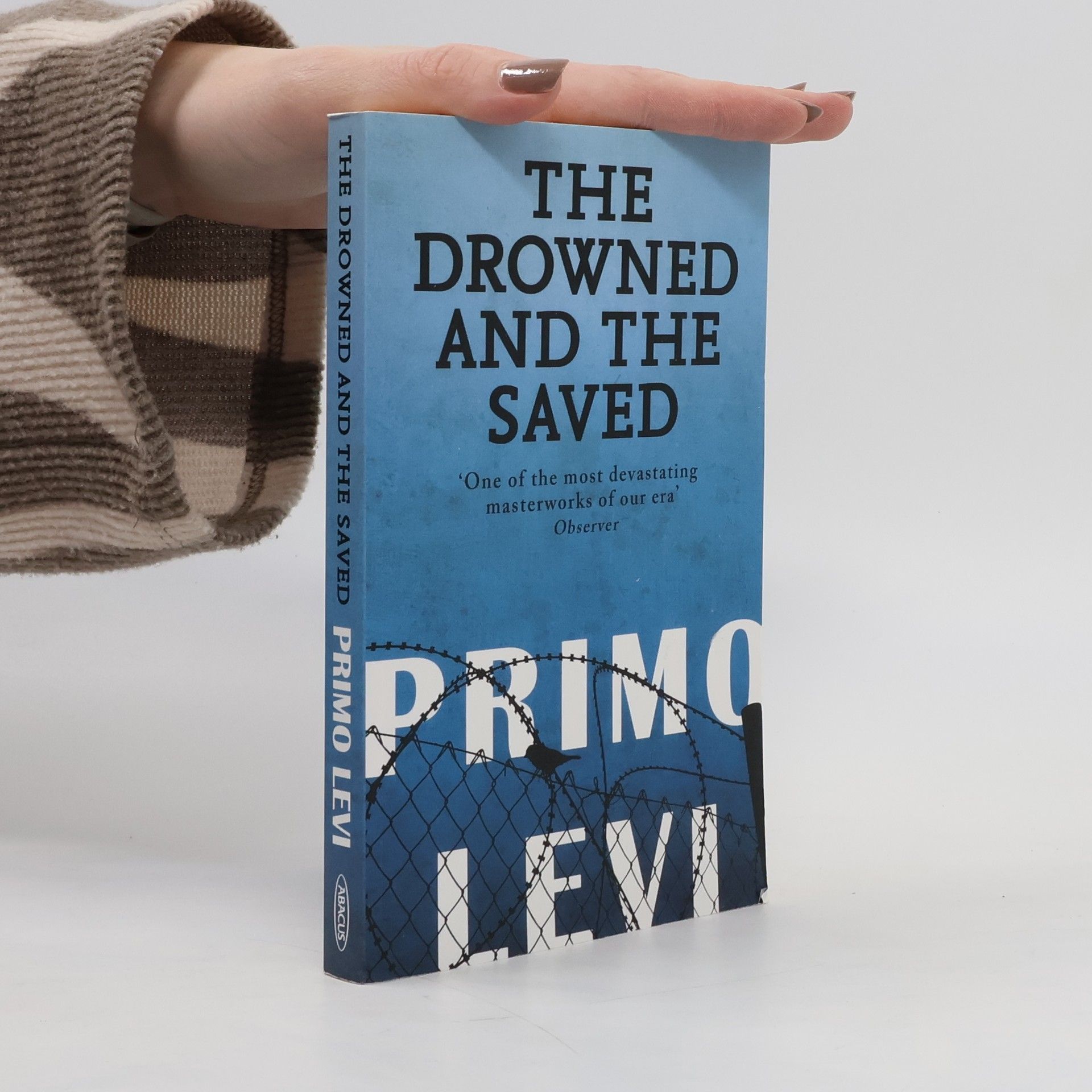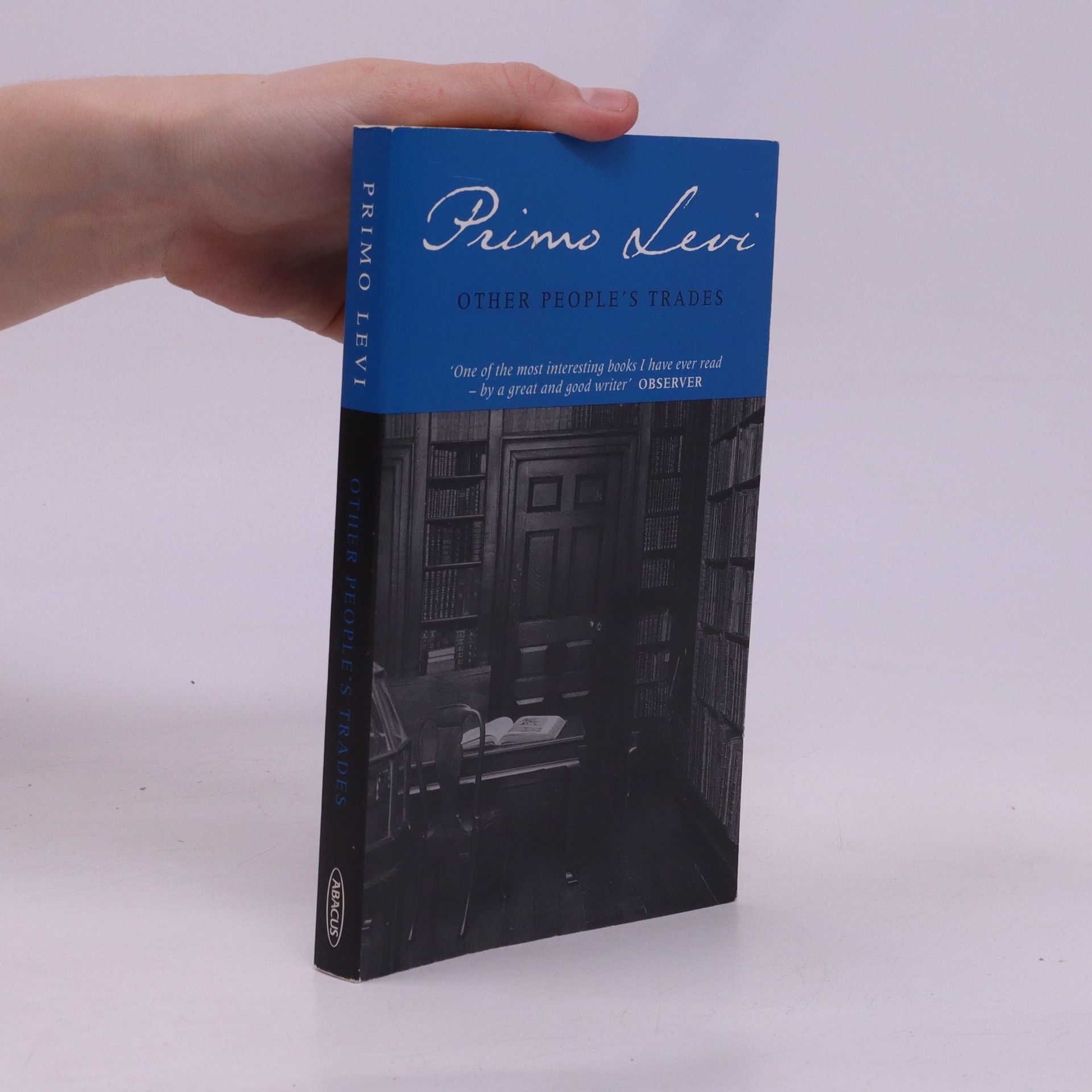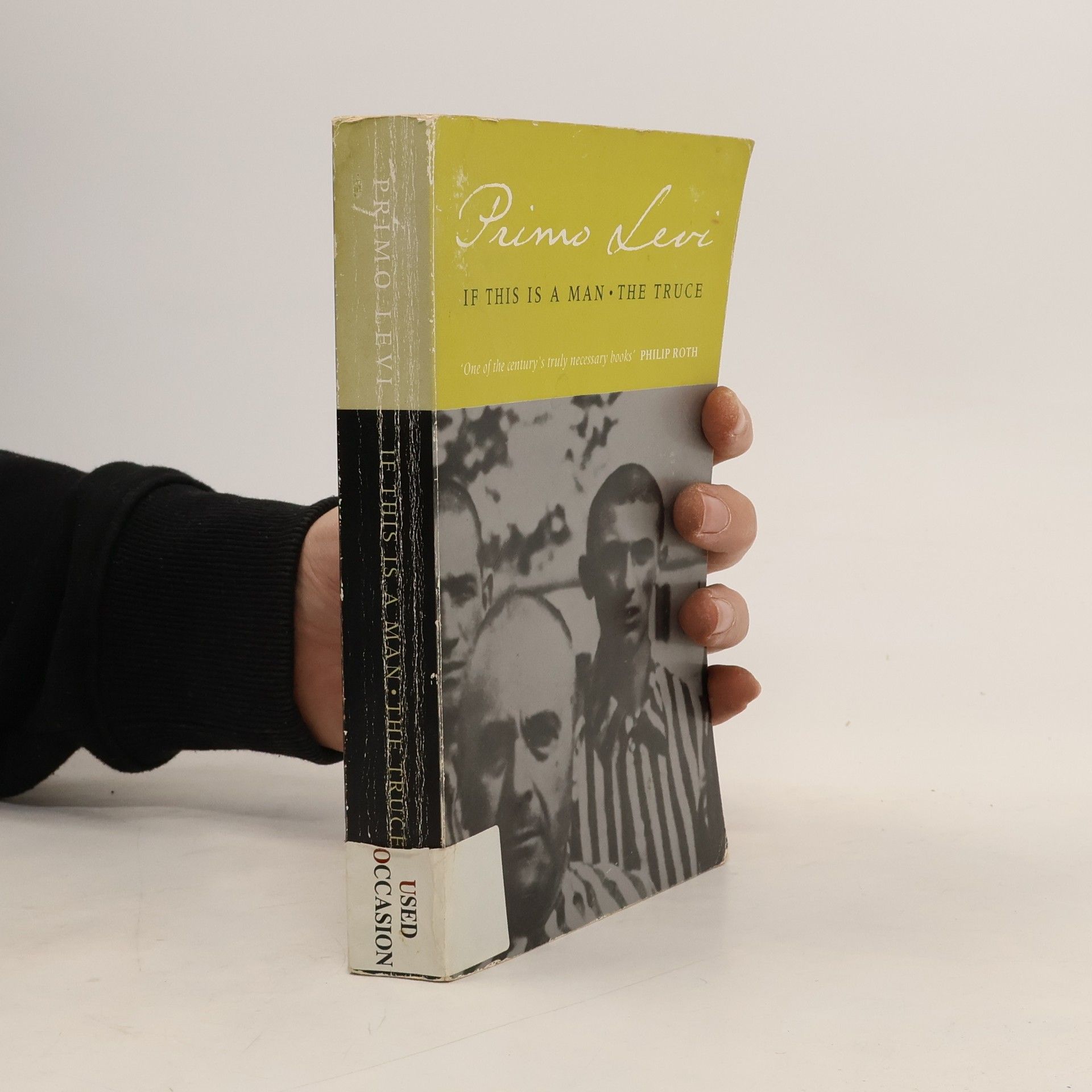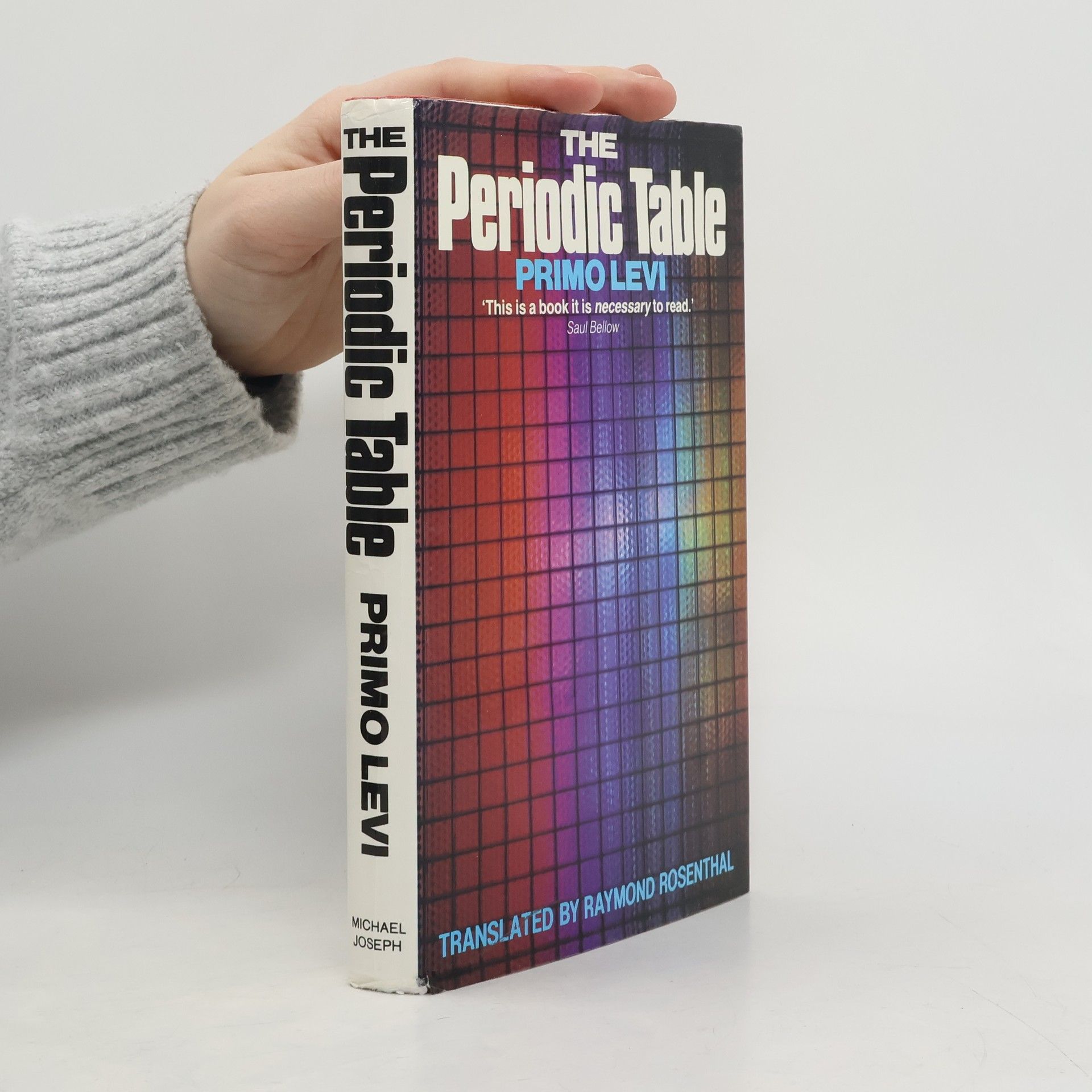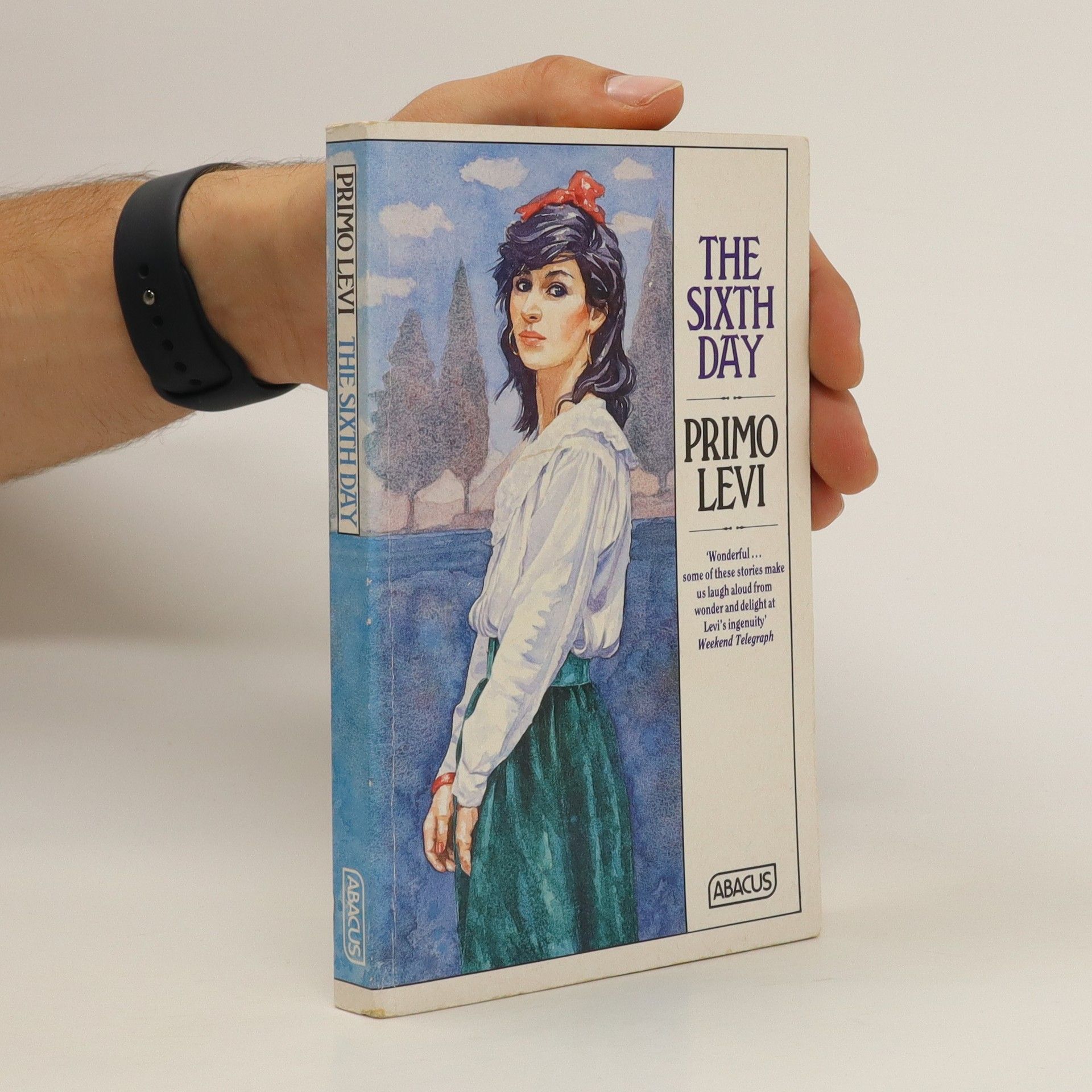If This Is A Man/The Truce
- 400 pages
- 14 hours of reading
Primo Levi's account of life as a concentration camp prisoner falls into two parts. IF THIS IS A MAN describes his deportation to Poland and the twenty months he spend working in Auschwitz. THE TRUCE covers his long journey to Italy at the end of the war through Russia and Central Europe. Levi never raises his voice, complains or attributes blame. By telling his story quietly, objectively and in plain language he renders both the horror and the hope of the situation with absolute clarity. Probing the themes which preoccupy all his writing - work love, power, the nature of things, what it is to be human - he leaves the reader drained, elated, apprehensive. With the moral stamina and intellectual pose of a twentieth-century Titan, this slightly built, duitful, unassuming chemist set out systematically to remember the German hell on earth, steadfastly to think it through, and then to render it comprehensible in lucid, unpretentious prose. He was profoundly in touch with the minutest workings of the most endearing human events and with the most contemptible

